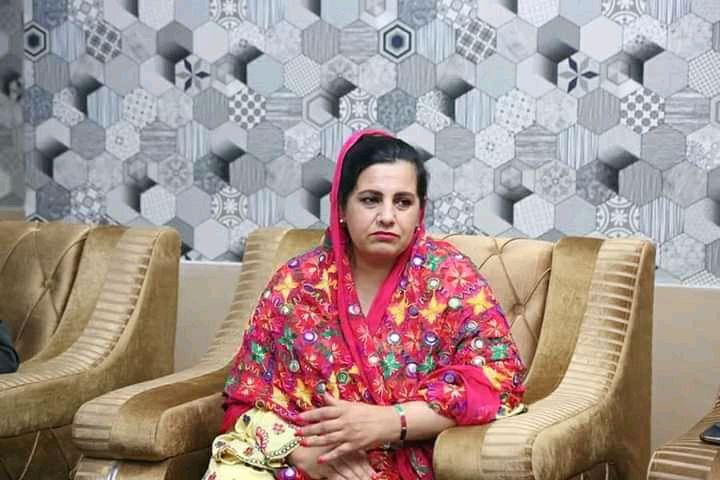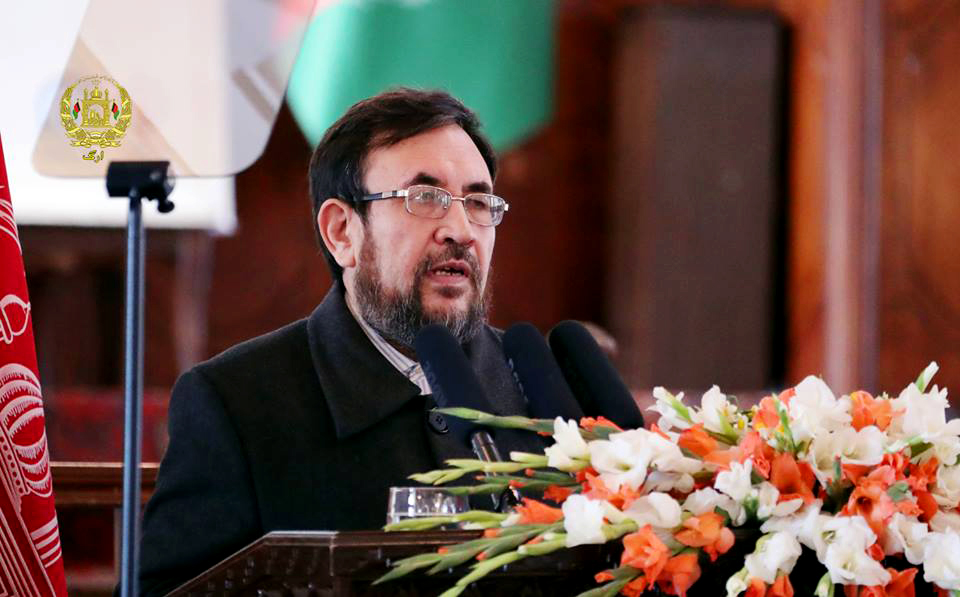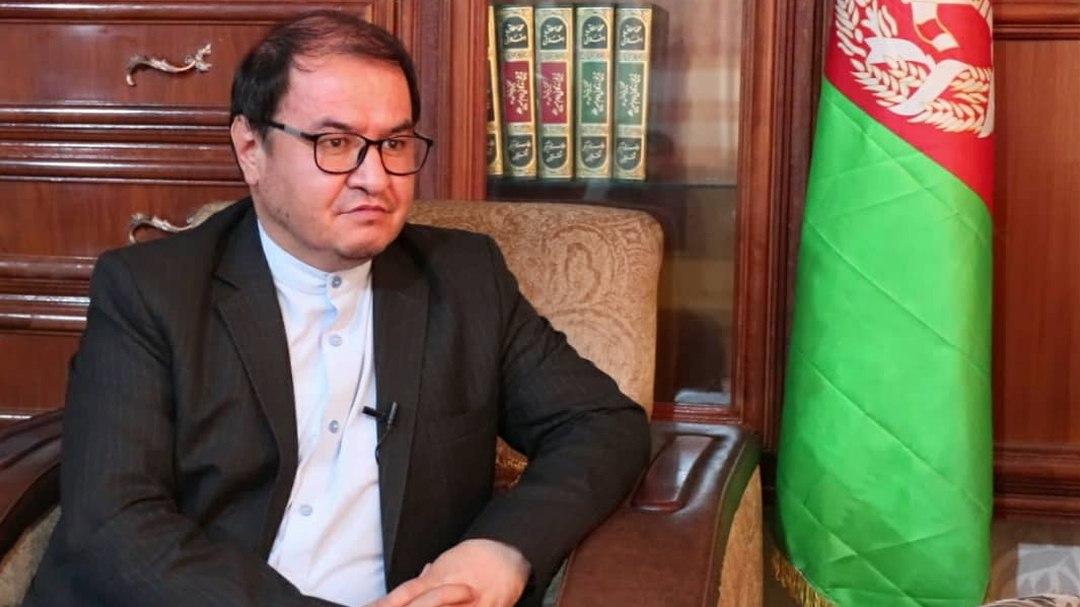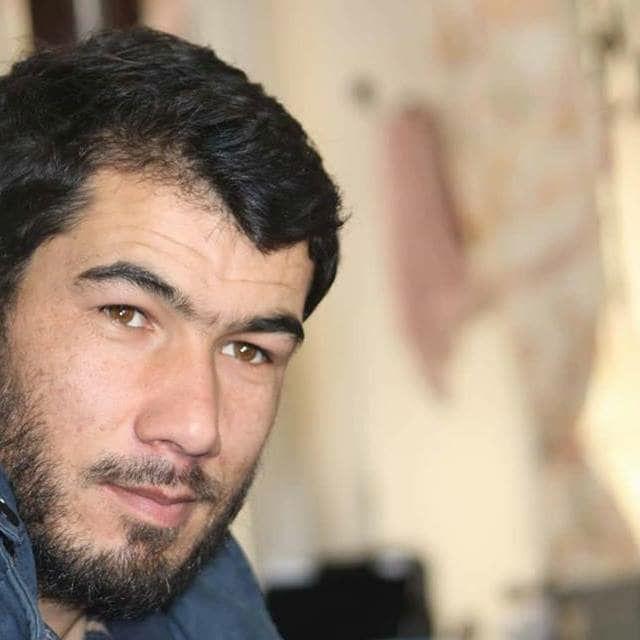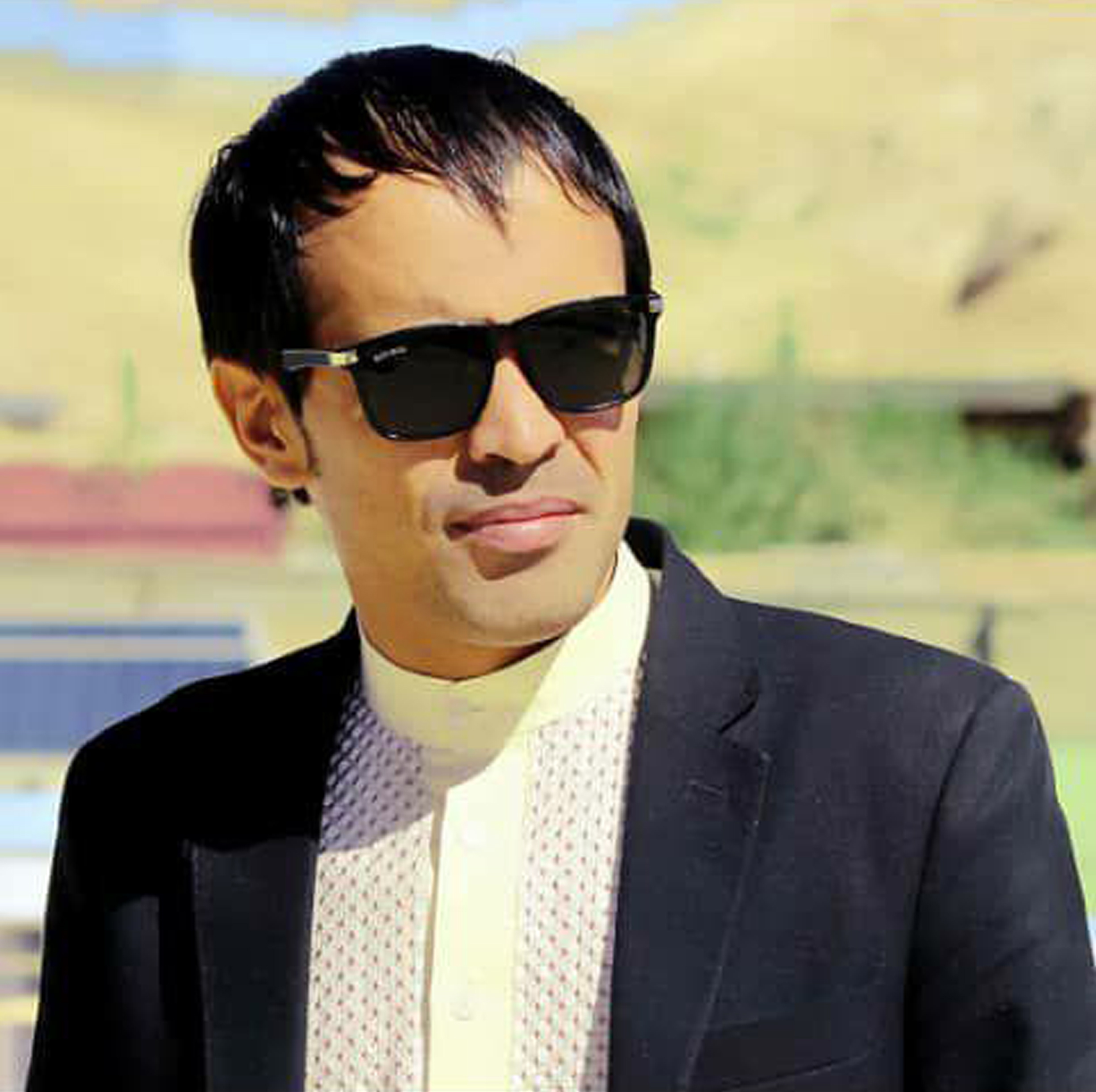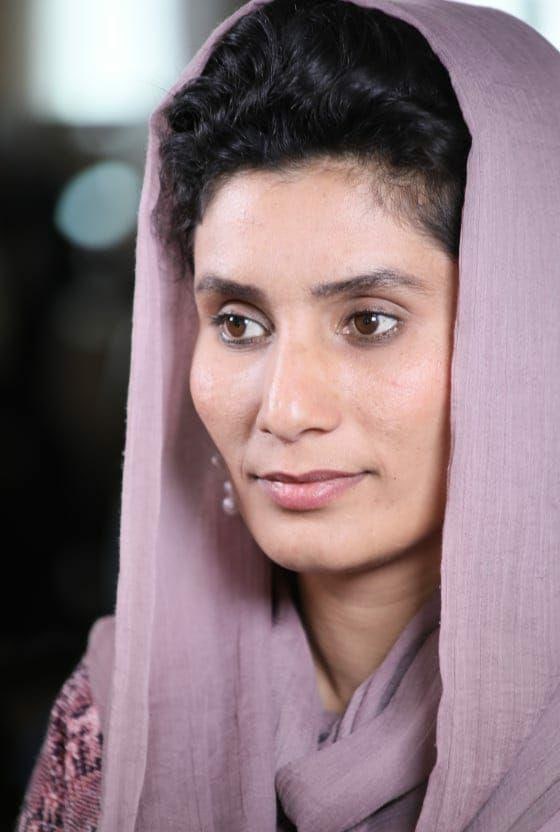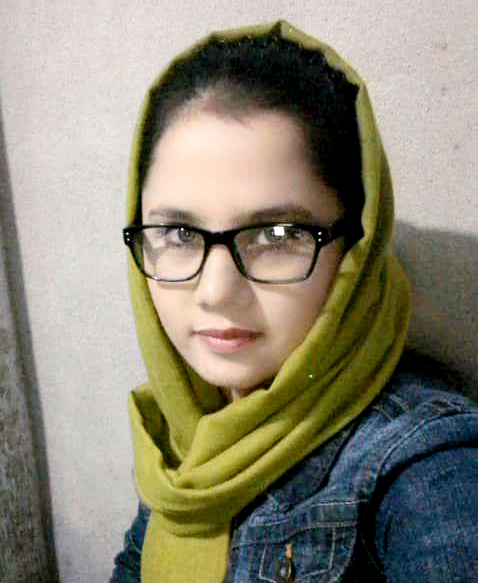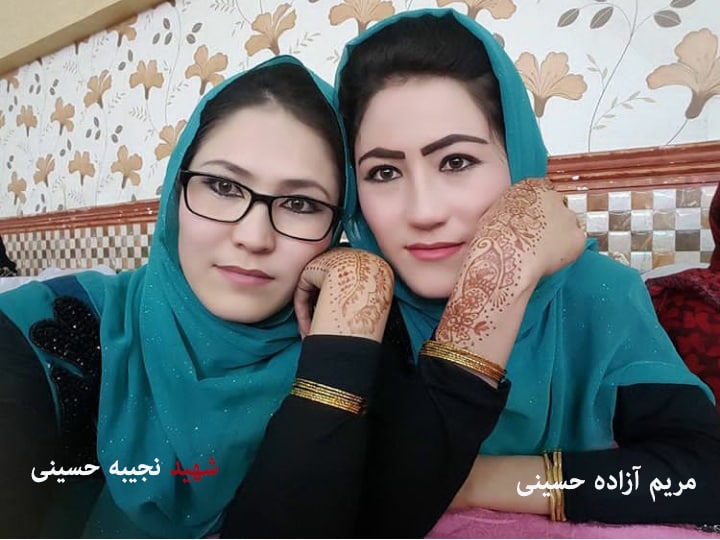Peace Cannot be Achieved, if Violence Continues
Although one of the Afghan government's demands for peace talks with the Taliban was to establish a ceasefire; not only was this condition not met before the talks began, but even now, more than a month after the commencement of peace talks, Taliban attacks have been continuing in various parts of the country and they have caused a lot of casualties. Officials at women's organizations in the southern part of the country are concerned about the situation, saying that if the violence continues, there will be no hope for peace."Not only have the details of the talks not been properly communicated to the people, but with the start of the talks, war and violence. It has increased in the country, and if this situation continues, we cannot hope for peace”, said Mrs. Zazai in an interview with the CSHRN. She added, "People expected a ceasefire to begin with the start of peace talks, but the opposing team has reportedly not yet agreed on a ceasefire. In my opinion, peace cannot be achieved if war and violence continue and civilians are killed every day."CSHRN: Aside from the issue of ceasefire, what other concerns do you have about peace talks?Zazai: Our other concern is about ignoring women's rights. Women's rights are still being violated in the southern provinces, and fortunately in some of these provinces, including Paktia province, a number of women are fighting for women's rights. Women in the province face more problems such as forced marriage and education bans, women still do not have full access to health care, and women in Paktia still lose their lives at the time of labor. It should be noted that a small number of women in the southern provinces are engaged in social activities and advocacy for women's rights.CSHRN: Do female…
